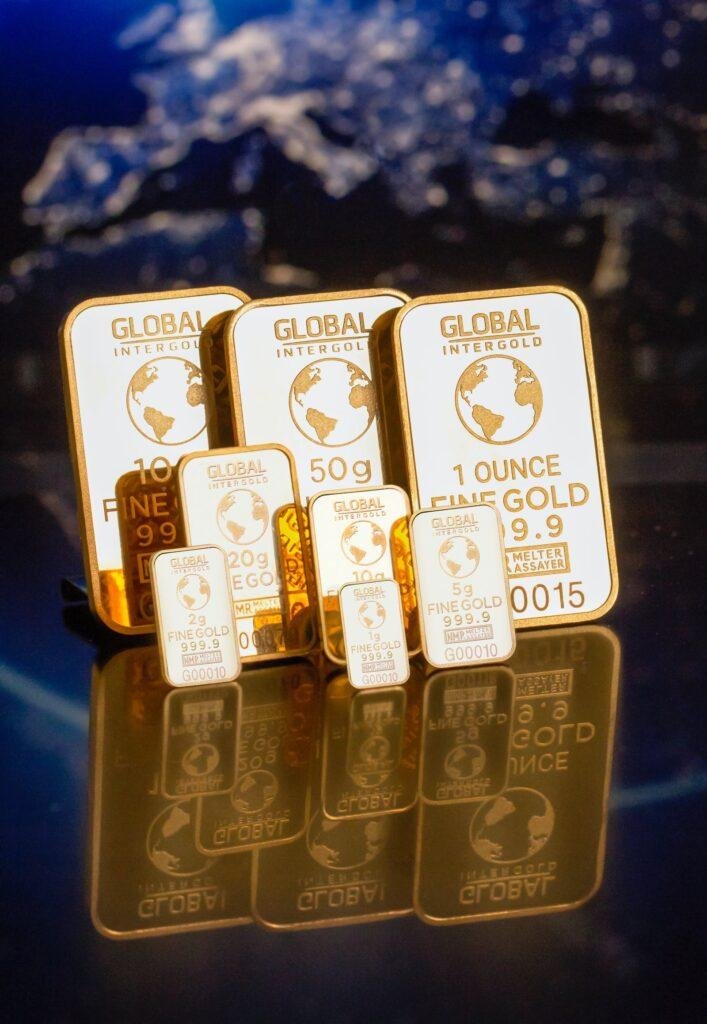What does wealth mean to you?





My belief is that we often assess wealth by material possessions.
Wealth is not just about the amount of money we have, rather, we should look at it more as a state of mind. Oddly enough many people spend their lifetime attempting to create abundant wealth and yet see so little of the wealthy enriched life of spending time enjoying actual living.
Wealth more rightly should be classified in such things as having abundant love from family or friends, and of course supplemented by good relationships.
We often see people as wealthy when we see their grandeur in where they live how many cars they drive – what car they drive their jewellery or expensive clothes. In the world of seeing wealth as monetary then only a few are born wealthy, and most need to work hard and sacrifice much in order live the life of so called “Wealthy”. A realisation is that Wealth will bring about more wealth if you understand how to manage it, but we will discuss this in a later post.
Eliminate The Personal Barriers To Your Idea of Wealth
Wealth is thought to be the condition of plentiful abundance and affluence, measured by having a bountiful supply of material goods, resources and money. This would then define Wealth as the owning of property with economic monetary value.
Economics taught at school has wealth defined as the stockpiling of physical capital, human resources and net financial worth owned by the person/company or even country.
“Physical capital” is the ownership of building structures, machines, railroads and other fixed tangible assets.
“Human capital” on the other hand, is to have a quality work force with emphasis on educational attainment, which contributes to one’s productivity.
Where the classification of “net financial capital” is measured as the difference between total assets and total liabilities, with no adjustments.
Mostly wealth is associated with money, such as savings, investments and other forms of financial capital.
The actual word “wealth” is taken from the Ancient English words “weal” (well-being) and “th” (condition), which when combined means “condition of well-being.” “Economic,” on the other hand, originates from the Greek word “oikonomia” meaning “household management.”
Looking at the world and one’s true wealth possessions, some individuals view wealth as a genuine disclosure of one’s true values, and accounts for what is held important to one’s life like a reflection of the image and real self, this is further defined as the Law of Spirit.
The Law of Spirit
In Today’s world, since the enormous effects of Covid-19, the law of spirit has encouraged society to be more focused on the challenges of sustaining a quality life, which creates a need for equilibrium between economy and quality. This new perspective has encouraged individuals to really assess one’s needs and what they quantify as assets.
This new world we live in has encouraged people into looking at their strengths and opportunities to enhance one’s real potential and discover where their real wealth lies
A person using the law of spirit attempts to have their values and principles aligned with the condition of well-being believes that he/she is seeking genuine wealth – all things that make life worth living (personal, professional, spiritual, environmental and financial well-being).
Understanding the Law of Spirit, people are now defining authentic wealth in terms of harmonious relations with the members of the family, supervisors, co-workers, peers, neighbors and acquaintances. Some see it in the simplicity and complexity of natural creations. Or it could be measured in terms of joy, social cohesion and unquantifiable, abstract thoughts and ideas.
Another relevant word that is relative to wealth is value, which is derived from the Latin word “volorum,” meaning “to be worthy”. Often times, value suggests monetary expressions such as costs, prices and returns on investments. But the Law of Spirit seeks that true value (valorum) is found on the simple things that makes life worth living. It is the value of relationships, the value of what one possesses and not long for things which are not in their possession.

